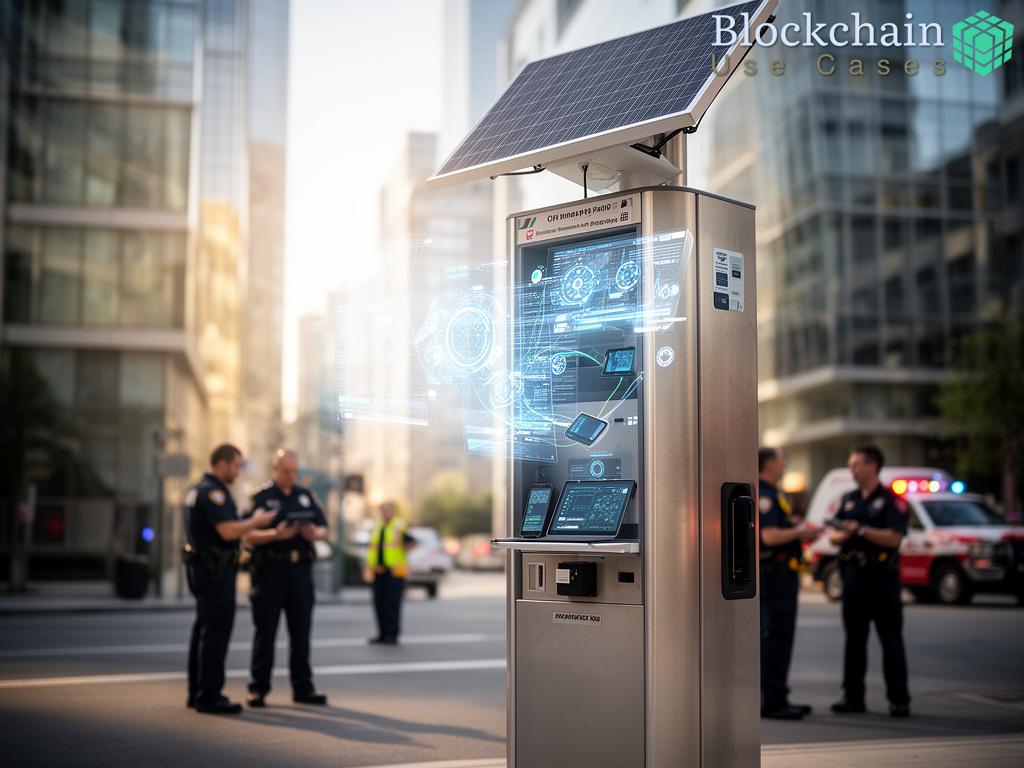The Evolution of Voting Mechanisms
As nations around the globe grapple with issues of election integrity and voter participation, the advent of decentralized voting systems presents a transformative opportunity. By leveraging blockchain technology, these systems promise to enhance security, transparency, and accessibility in national elections. This evolution is not just technical; it represents a paradigm shift in how democracy is perceived and practiced.
Key Benefits of Decentralized Voting
Decentralized voting systems offer a plethora of advantages over traditional voting mechanisms. Here, we outline the most compelling benefits that could redefine electoral processes:
- Enhanced Security: The use of blockchain ensures that votes are tamper-proof and verifiable, reducing the risk of fraud.
- Increased Accessibility: Voters can cast their ballots from anywhere, significantly improving participation, especially among those with disabilities or remote living conditions.
- Real-time Results: Decentralized systems can facilitate quicker vote counting and reporting, leading to timely results.
- Cost Efficiency: By reducing the need for physical polling places and paper ballots, decentralized voting can lower election costs.
Challenges and Considerations
Despite the promising advantages, the implementation of decentralized voting systems is fraught with challenges. From regulatory hurdles to public skepticism, each aspect requires careful navigation. Stakeholders must address concerns regarding cybersecurity threats, the digital divide among voters, and the need for robust legal frameworks to govern electronic voting. Moreover, educating the electorate about the new system will be crucial for its successful adoption.





